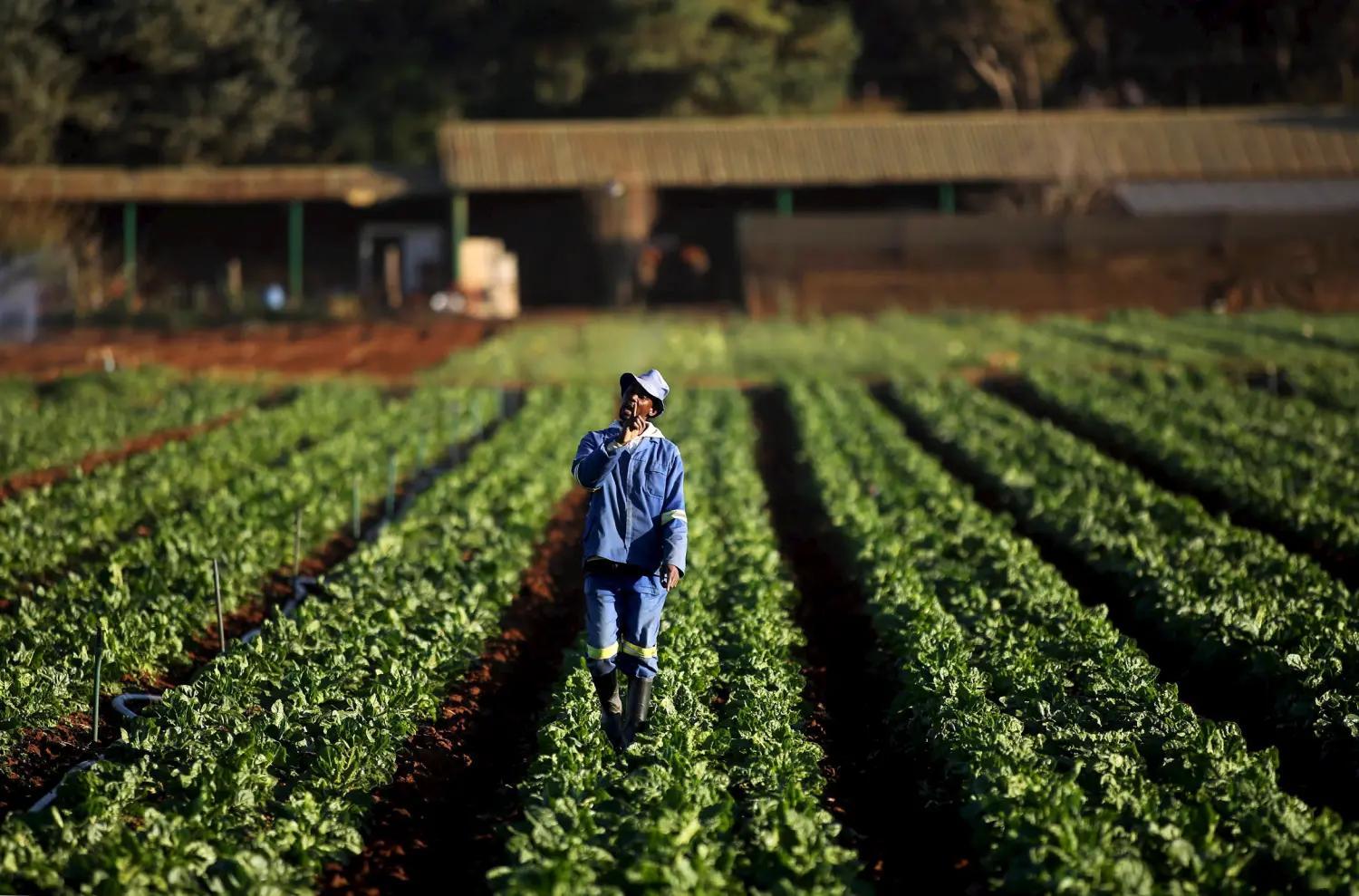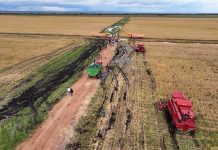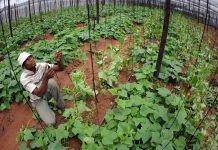Africa-Press – Botswana. The horticulture sector in Kanye District has created 136 employment opportunities in the past financial year.
This was revealed by Kanye District Council chairperson, Mr Morapedi Kgosithebe during full council meeting recently.
Of the 136, he said 65 were employed by beneficiaries of the Impact Accelerator Subsidy (AIS) programme, adding that the programme also created 52 casual labourers.
“For the year 2024-2025, 16 applications were received, 10 approved while the remaining six are awaiting funds disbursement,” he said.
Meanwhile, in an interview, the horticultural officer for Kanye District, Mr Kgololo Kesekang said the IAS programme had assisted farmers with connection of boreholes in horticultural projects and installing solar power plants to power boreholes.
Mr Kesekang said farmers who had benefited from the IAS programme were in Molapowabojang, Lotlhakane, Tswidi/Nneneke, Masoke, GaSegwagwa, Diabo, Mogapinyana, Lerolwane, Gasita and Moshana areas.
He further said in Kanye, 87 were allocated horticulture farms, of which 77 were operational and the other 10 could not cultivate their fields due to water challenges.
Mr Kesekang said one projects affected by water shortage was a strawberry farm whose borehole has dried up.
Mr Kesekang said farms located along the power lines were assisted with funding to connect to the power grid.
“Two farmers have been assisted to connect to the power grid, one in Kanye and the other in Lotlhakane,” said Mr Kesekang.
Looking at the production level, Mr Kesekang said the district was experiencing an increased production of tomatoes, a positive development toward curbing shortage of tomatoes.
“In the past year 2024/2025, we had expected to produce 2000 tonnes of vegetable production, however it could not be fulfilled due to some challenges as only 1 431 tonnes were yielded, which is 71 per cent of the anticipated harvest,” he said.
Mr Kesekang said potatoes were among the vegetables that could do well in the district.
However, he said potato farming was low due to high production costs as it included the use of implements such as planters and harvesters.
However, Mr Kesekang said the shortage of implements could not deter some dedicated farmers to grow potatoes. “Some farmers are doing their best to plant and harvest potatoes with hand tools such as digging forks, which is not favourable,” he said.
In the previous financial year, Mr Kesekang said about three farmers produced just a hector of potatoes.
Despite the low production, Mr Kesekang said the potatoes were of desired quality, hoping the said farmers would be motivated to increase production.
Other than commending their efforts, Mr Kesekang said it was equally important for farmers to work as a united force by joining the Kanye Horticulture Farmers Association, which was associated to Botswana Horticulture Council.
Generally, Mr Kesekang said horticulture farmers in the district were congested in growing vegetables such as cabbage, spinach, tomatoes, rape and green papers.
However, he advised farmers to consider cultivating vegetables they least preferred, even though having a reasonable market such as cauliflower, okra and eggplant.
As for the herbs, Mr Kesekang said their market was way too little compared to that of other well known vegetables.
Despite significant strides in horticultural produce, Mr Kesekang said the district did not have farmers engaged in fruit production.
Nonetheless, Mr Kesekang said establishment of orchards was ongoing through IAS programme.
“At least two fields have planted 800 orange trees. The trees were still growing and have not yet reached point of maturity,” he said.
For More News And Analysis About Botswana Follow Africa-Press






